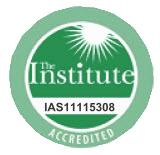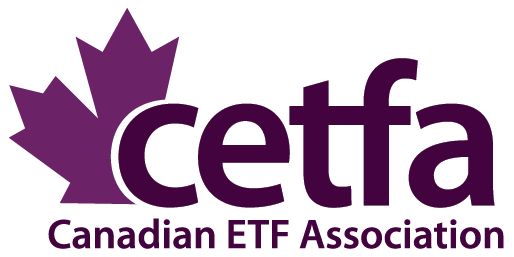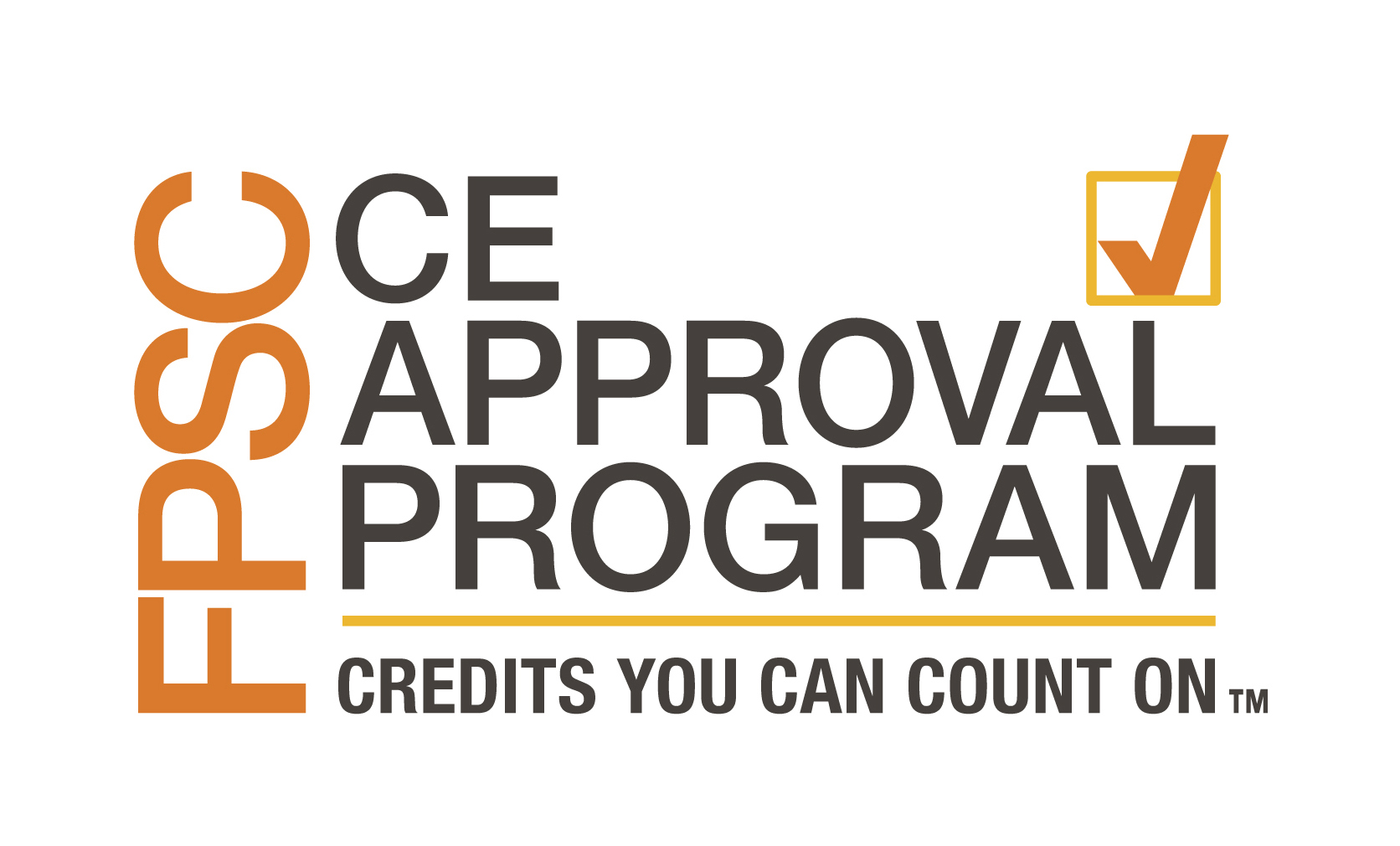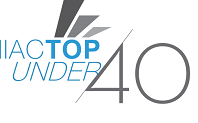
Credit hours, other than displayed, are based on self-assessment.
2 IAFE CE credits.
This course helps representatives of investment dealers comply with IIROC’s
standard of conduct, more particularly as it relates to conflicts of interest.
Ethical conduct is far more than a regulatory requirement. Of course, it is essential if you wish to avoid enforcement proceedings. At the same time, it is a prerequisite for earning the trust of clients and enhancing your reputation. Only through ethical conduct can dealers and their representatives expect to build a successful, long-term business.
All course materials are provided.
You may commence taking your online course upon confirmation of payment. The confirmation will also include your username and password to enter the online classroom.
You can start immediately or you can come back at a later time to complete the course.
Once you start the exam portion of the course you must continue to the end. You will not be permitted to navigate back to previous pages.
Upon completion you will receive your SUI Course Certificate for submission to your firm and IIROC/MFDA and receive your CE credits for the Ethics course.
This course should be of particular interest to:
- Financial, Securities, IT, Vendor, Technical and Operations staff seeking further CE courses
- Employees of mutual fund buy side and sell side
- Investment firms' counter parties at banks
- Clearing corporation and depository staff
- Employees of regulatory agencies
- Institutional client personnel
- Industry vendors' employees
- Investment and financial firms' front office, back office, IT, licensed staff
- Persons presently outside the industry looking to increase specific financial knowledge or seek entry to the industry
No advance preparation required, however follow-up courses recommended are:
- Brokerage Operations
- Mutual Fund Regulation & Governance
- Global Securities: Trading & Settlements
- Compliance for the Securities Industry
- Global Securities: Custody
The benefit to the student is:
-
The objective of this course is to help representatives of investment dealers comply with IIROC’s standard of conduct, more particularly as it relates to conflicts of interest.
Ethical conduct is far more than a regulatory requirement. Of course, it is essential if you wish to avoid enforcement proceedings. At the same time, it is a prerequisite for earning the trust of clients and enhancing your reputation. Only through ethical conduct can dealers and their representatives expect to build a successful, long-term business.
- Obtaining the necessary Continuing Education IIROC and MFDA Credits
Lesson 1
- Explains that ethics refers to proper conduct. The propriety of a given conduct is judged by reference to a standard of conduct, which serves as a benchmark. In the case of representatives of investment dealers, the standard of conduct is contained in IIROC Dealer Member Rule 29.1.
- The scope of the Rule 29.1 is extremely wide. More enforcement proceedings are brought against representatives under Rule 29.1 than any other rule. This course will help you to understand the range of activities which may constitute a breach of the standard of conduct. The focus of the course is on ethical conduct as it relates to conflicts of interest.
Lesson 2
- Defines conflicts of interest and describes IIROC’s framework for dealing with them. The lesson explains how to identify, address and disclose conflicts of interest and emphasises the importance of addressing conflicts of interest in the best interests of the client.
Note: Lessons 3 to 6 deal with personal financial dealings with clients, which are a particularly troublesome category of conflicts of interest. With some exceptions, personal financial dealings with clients are prohibited.
Lesson 3
- Explains that representatives must receive consideration for their services through the dealer. It also describes the exception relating to small gifts, which may be received directly from a client or through a third party.
Lesson 4
- Discusses private settlement agreements with clients and emphasises that client complaints must always be handled through the dealer. Private settlements are objectionable because they potentially bar clients from access to other complaint channels and deprive them of their right to a proper compensation. They may also assist the representative in covering up incompetence, negligence or unauthorised trading.
Lesson 5
- Deals with borrowing money from and lending money to clients. These forms of personal financial dealing give rise to fairly obvious conflicts of interest and are generally prohibited. There are a few exceptions, which are explained in the lesson.
Lesson 6
- Discusses the exercise of control or authority over the financial affairs of clients, which is generally prohibited because of the associated conflicts of interest. It explains the relevant exceptions, including those relating to discretionary and managed accounts.
Lesson 7
- Deals with inside information. It explains what constitutes inside information and provides numerous examples. Holders of inside information are in a position to make large profits at the expenses of other investors. Securities legislation prohibits trading on the basis of inside information and its communication to third parties (known as tipping). The potential consequences of insider trading and tipping are explained in detail.
|
Lesson 8
- Covers confidential client information. Knowledge of confidential information about a client, e.g. the client’s current trading activity, places a representative in a position to profit unfairly. The lesson provides examples of confidential client information and explains that this information must not be communicated to third parties or used for the benefit of the representative or that of other clients.
Lesson 9
- Deals with undisclosed or unauthorised accounts. If an account is undisclosed, the dealer is unable to fulfil its regulatory duty to supervise the activities of its representatives. It can no longer ensure that the products being offered are legitimate investments or that they are suitable to the client. For this reason, all accounts maintained by a representative must be disclosed to and authorised by the dealer.
Lesson 10
- Covers the vast subject of outside business activities. It explains the requirement to notify the dealer and the regulators of all outside business activities. It discusses IIROC’s requirements for the conduct of outside business activities and its guidelines to dealers when reviewing proposed outside activities. The lesson also explores the special concerns when a representative serves on a board of directors.
Lesson 11
- Deals with the client priority rule. It explains the price-time priority rule used by stock exchanges to execute trade orders. Representatives must process client orders ahead of their own. Otherwise, the client may get an inferior price or even see its order remain unfilled.
Case Studies
- Rules can be rather abstract. To help you understand how the rules apply in real life, each lesson is followed by case studies which provide concrete examples of unethical conduct. The case studies are based on actual IIROC enforcement cases but have been simplified. An enforcement case often involves a range of offences, which can be rather confusing. Accordingly, each case study focuses on a specific issue. If you wish to learn more about the actual cases, each case study provides a reference to the relevant IIROC Enforcement Notice.
Quiz
- There is a quiz at the end of the course book to help you improve your grasp of the material.
Online Exam
- Once you have completed the course you can begin the on-line exam to test your knowledge. Once you start the exam you cannot navigate back to previous pages. You are only allowed to move forward within the exam.
|
Course Code: CEC02
$200.00
 Credit hours, other than displayed, are based on self-assessment.
Credit hours, other than displayed, are based on self-assessment. 





Follow SUI